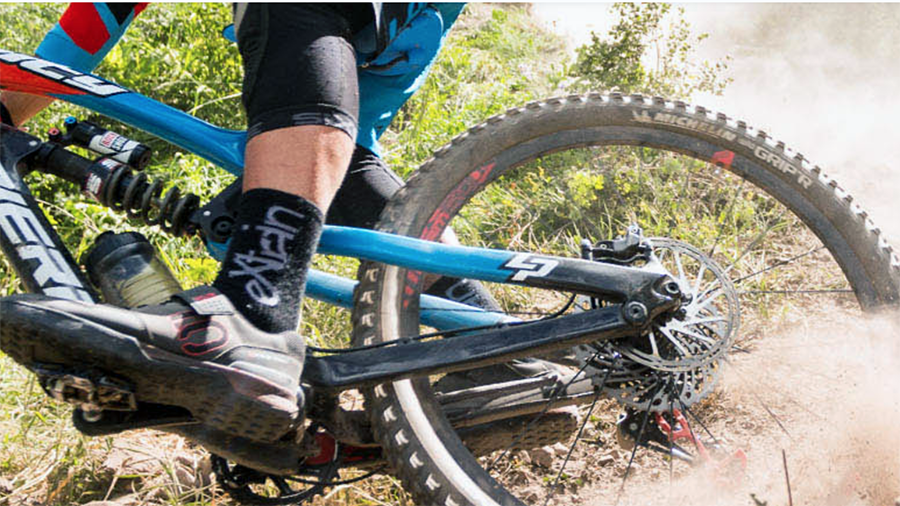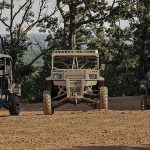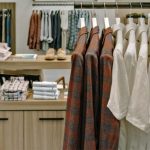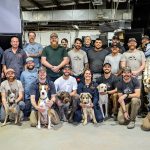Dutch bicycle maker Accell Group plans to change its manufacturing configuration and footprint, simplifying its operating model and enabling more efficient production.
In a media statement, the company said it will combine its two Heerenveen-based facilities in the Netherlands and transfer part of the current production to its other European manufacturing facilities.
Accell Group, which owns the Haibike, Winora, Ghost, Batavus, Koga, Lapierre, Raleigh, Sparta, Babboe, and Carqon bike brands and the XLC brand for parts and accessories, said that it “manufactures high-end bicycle brands in its fully-owned factories across Europe.”
In adjusting its operating model from a decentralized “house of brands” to an integrated player in the bicycle industry, Accell Group said, “it intends to better leverage its strong European manufacturing footprint, decrease operational complexity and improve its competitive position.”
Accell Group’s plans to simplify its supply chain and right-size its manufacturing footprint include transferring high-volume models to its factories in Hungary and Turkey. These factories already have all-round manufacturing capabilities, which the company said “guarantees the continuation of high-quality production for customers.”
Accell Group will combine the two factories in Heerenveen, focusing on R&D and innovation. This factory will reportedly produce specialist brands and models, including Babboe and Carqon, which were transferred to Heerenveen last year.
Accell Group plans to modernize this factory further to allow for more customization to respond to market demand for premium bicycles.
“I am impressed by the strength of our European manufacturing capabilities and see great potential in further leveraging these to become a more efficient and less complex business,” said company CEO Tjeerd Jegen. “We will continue to produce all brands in Heerenveen, but I strongly believe our portfolio of iconic brands will benefit from further integration into our European platform. Regretfully, the transfer of production cannot be done without certain roles becoming redundant, and we realize this will have a big impact on the people involved.”
Jegen said futher that the company “will do its utmost to inform and assist everyone as best as possible.”
“We are convinced that these actions are necessary to improve our competitiveness and will ensure sustainable long-term growth,” he concluded.
The transfer of production out of Heerenveen is expected to reduce between 100 and 150 jobs. The proposed changes are subject to Works Council advice and local laws and regulations, while Accell Group is also working closely with the unions to ensure clarity and support for its employees.
The focused operational changes Accell Group is making across its platform and the additional funding secured last year are expected to “help the business to weather the exceptional disruptions in the industry and position it for further sustainable growth as the market recovers.”
The company said the long-term outlook for the business continues to be favorable, and it is competitively positioned in the green mobility sector, with a portfolio of iconic brands and an experienced leadership team. There are clear growth opportunities arising from trends including electrification, bike infrastructure, healthier living, and governmental fiscal incentives and subsidies, which are expected to drive future demand.
Image courtesy Accell Group/Lapierre
















